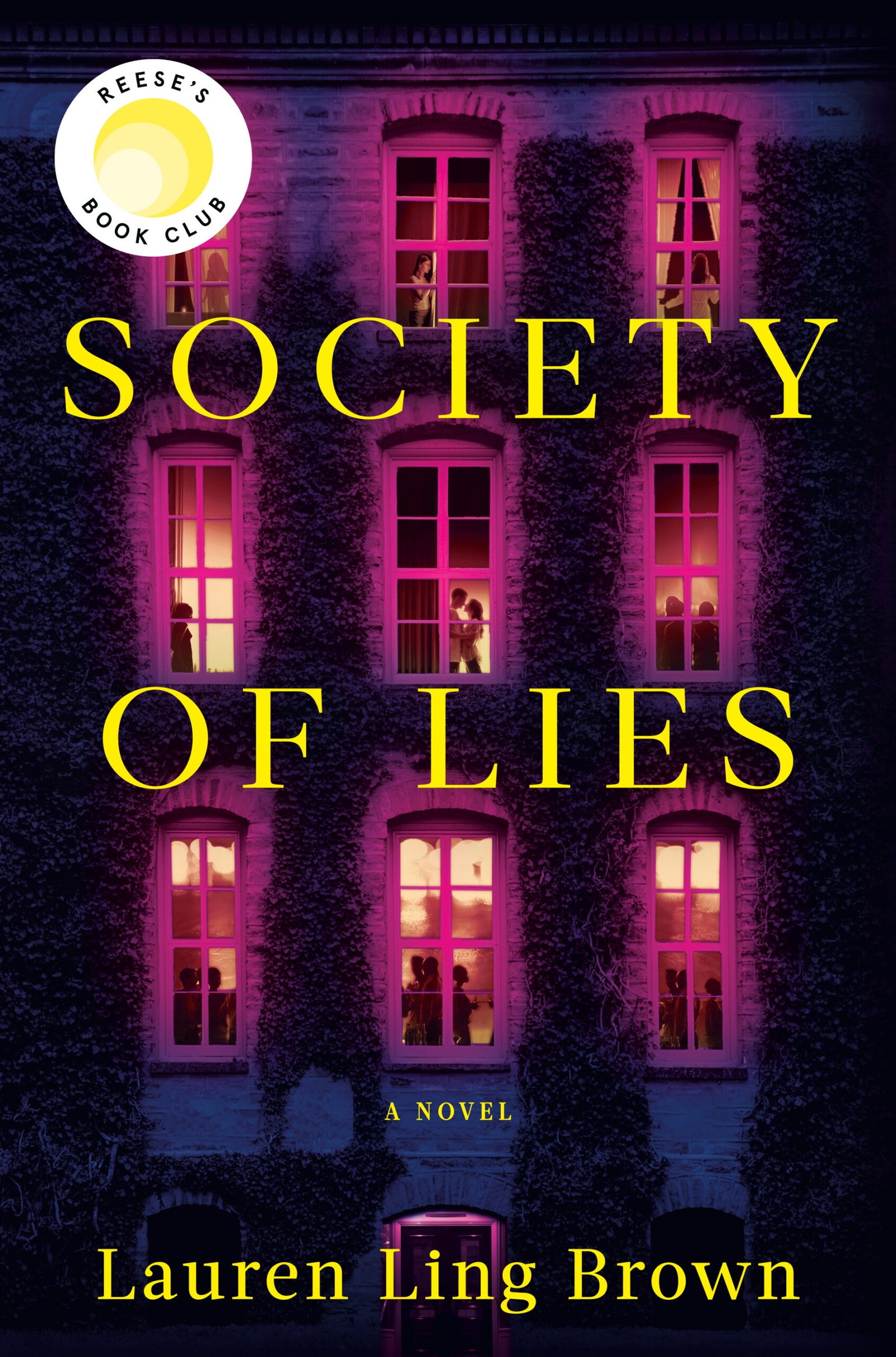Society of Lies: A Tumultuous Trip Through Dark Academia
When I first spotted Society of Lies by Lauren Ling Brown, I was drawn in by its tantalizing promise of intrigue and complexity, whispers of dark academia swirling around it. As someone who relishes the atmospheric depth of this genre—though perhaps not as avidly as others—I was eager to dive into what I thought would be an exhilarating exploration of treachery and human connection. However, that excitement gradually transformed into a frustrating struggle as I navigated the convoluted landscape of the narrative.
At its core, Society of Lies grapples with the intense nature of love and loyalty, challenging the readers with a question that lingers like an unsettling perfume: What do we sacrifice for those we care about? The protagonist wrestles with this dilemma throughout the story, a painful tug-of-war that brings to mind the resonant sentiment in the quote: "He’s not good for you, you deserve more." It encapsulates the heart of the book, revealing how love can blind us and rope us into a life that may not be true to ourselves. It’s a poignant theme that resonates, especially for anyone who has loved intensely.
Brown’s writing, while infused with moments of striking imagery, often left me grappling with its rhythm. The sentence structures sometimes felt rickety, causing me to pause and re-evaluate rather than move fluidly through the text. The dual first-person POV, though ambitious, lacked enough distinction to keep my attention unwavering. This narrative choice, paired with shifting timelines, contributed to a sense of confusion that made following the plot feel like swimming against a strong current. Perhaps if the pacing had been tighter—losing at least 75 pages of repetition—my experience could have felt less like grueling homework and more like a captivating adventure.
Yet it wasn’t all drudgery. Amongst the quibbles, I was struck by a few vivid moments that showcased Brown’s talent for hyperbole and dramatic tension. One scene, where Matt DuPont leaves the protagonist in a precarious situation, had me gripping my e-reader. The line where the character expresses their rising anger as they hurl flowers at the trash struck me for its rawness. It’s in these instances that Brown’s gift for eliciting strong emotional responses shone through, reminding me that the stakes for the characters were very real.
Unfortunately, the novelty of these moments couldn’t quite tip the scale in favor of my overall enjoyment. The book’s identity felt muddled; while it tried to wear the cloak of a mystery, it often stumbled into thriller territory, creating dissonance that broke my immersion. I found myself lost—not just in the plot, but in tracking my own motivation to turn the pages.
As I closed the book, my heart ached with a mix of frustration and a tinge of disappointment. I recognize that there are passionate readers who thrive on the intricacies of dark academia, and perhaps that segment will find value here, but I cannot personally recommend it. For those who appreciate narratives cloaked in mystery yet struggle to adhere to convoluted plots, it might be wise to look elsewhere for your next read.
Ultimately, Society of Lies serves as a reminder of the power and peril of love, even if the journey to uncover its truths left me feeling more grumpy than gratified. If you’re a devoted fan of dark academia and can weather a slow burn, perhaps this book will resonate with you. But for those seeking clarity and enjoyment, you may want to tread carefully.







